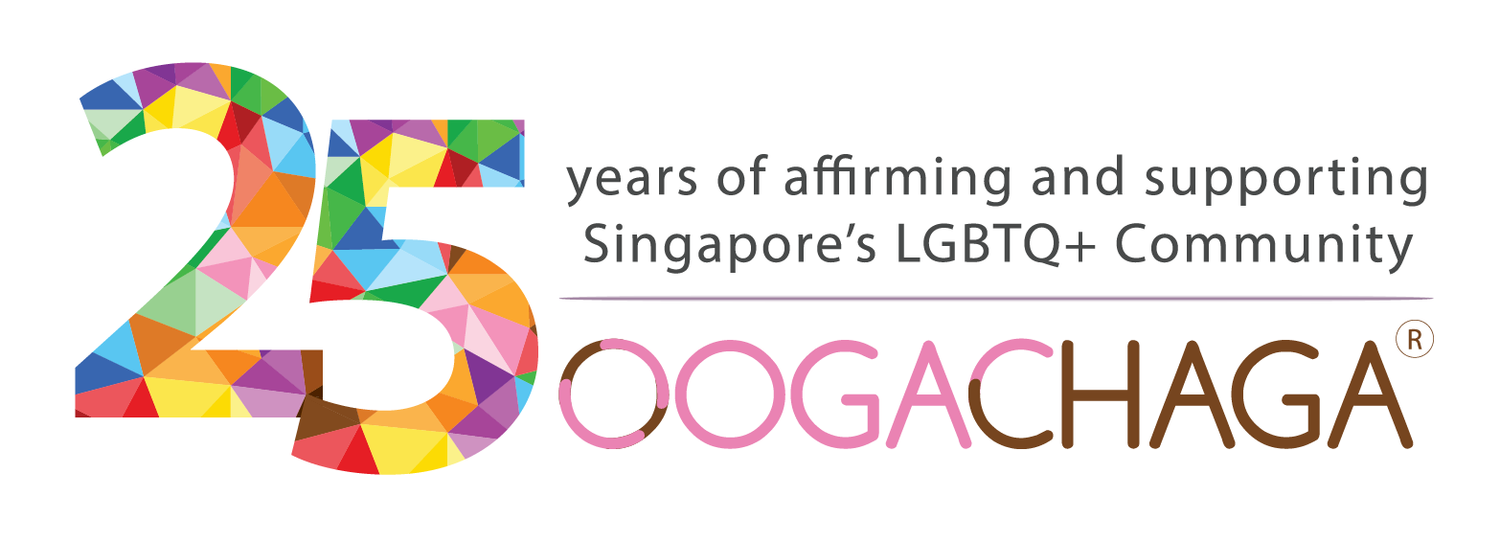TODAY
Various forms of discrimination against LGBTQ individuals reported to support groups
By LEOW YANGFA, EXECUTIVE DIRECTOR, OOGACHAGA
Published 20 SEPTEMBER, 2018 UPDATED 24 SEPTEMBER, 2018
I refer to the report, "No discrimination against LGBTQ community at work, in housing and education here: Ong Ye Kung" (Sept 14).
We are deeply concerned that Education Minister Ong Ye Kung may have been inaccurately advised by his staff members when he made this statement regarding the level of discrimination faced by the lesbian, gay, bisexual, transgender and queer (LGBTQ) community in Singapore.
Discrimination, rejection and hostility on the basis of one's sexual orientation and/or gender identity, also known as homophobia and transphobia, are often reported to us — a non-profit organisation working with many LGBTQ and gender-diverse individuals, couples and families — by those who experienced them.
In March 2012, we conducted a survey to understand the possible links between experiences of homophobia or transphobia and the health impact on LGBTQ individuals here.
The study found that 60.2 per cent of respondents have had homophobic or transphobic experiences. The incidence rate was highest among transgender women (94.4 per cent), followed by gay and bisexual men (62.5 per cent). Most respondents reported experiencing these in school and from the general population.
More significantly, LGBTQ individuals who reported having homophobic or transphobic experiences also reported a significantly higher incidence rate of self-reported behavioural issues, such as suicidal thoughts and attempts, and an increased risk of poor mental health. This correlates with evidence from international research.
Different LGBTQ groups in Singapore also report different forms of discrimination that their service-users, volunteers and members have experienced. These include bullying in school, harassment on the streets and online, and rejection by healthcare providers.
The T Project, a shelter for homeless transgender persons, was not granted registration as a non-profit group by the authorities on the basis that their services were "contrary to national interests".
Even as we continue to debate whether Section 377A of the Penal Code should be repealed, let us also recognise and acknowledge that experiences of discrimination are very real for the LGBTQ community in Singapore.
As a developed first world country, the responsibility lies in everyone of us — government, community, individuals — to eradicate that and ensure equality for all Singaporeans.



